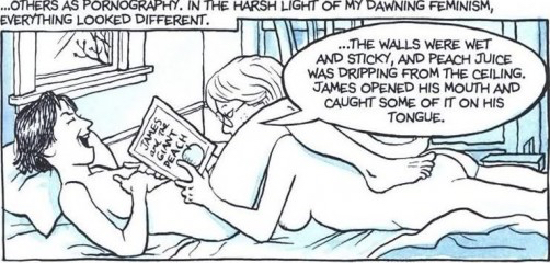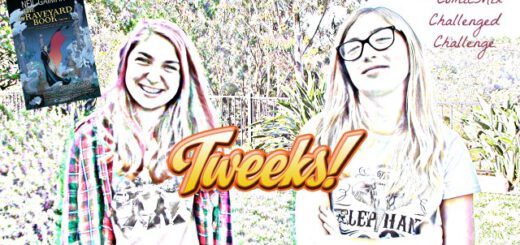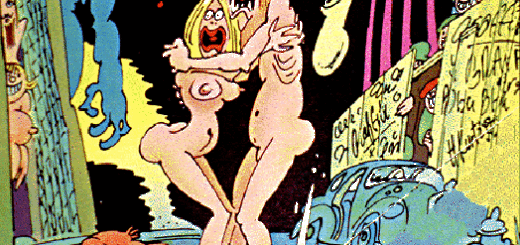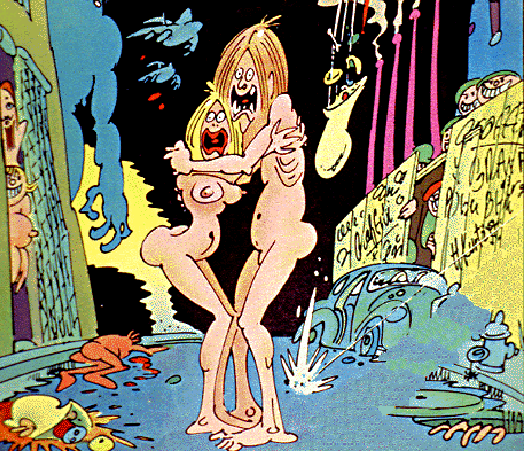Martha Thomases: School Daze
When I was a kid in Ohio, the school year would start the Wednesday after Labor Day. I can tell it’s Back to School time because I want to buy pens.
Originally, I thought about writing a column that was a curriculum guide for classes comic book characters might take. Interlac 101, Latvarian History, that kind of thing. Or perhaps I would suggest a class in California History for the newly-arrived DC crew.
That might have been funny. I reserve the right to use those ideas at a time and place to be negotiated.
Instead, I want to talk about graphic storytelling and its role in modern education. For real. When I was a kid (when we took class notes on papyrus), the conventional wisdom held that comics books were for stupid kids. Bringing one to school (and getting caught) meant a public humiliation and confiscation.
Now, comics are not just cool, but literary as well. They are part of an Ivy League education.
And there’s good reason for this. For one thing, it’s fun to read even the most pessimistic graphic novel. To quote the link: “Comics and graphic novels are a great source of entertainment, and that is, without a doubt, this medium’s most utilitarian strength. Modern education system thrives on selling grades, and completely ignores the love of learning.”
“The Love of Learning.” That’s what school should be about. Unfortunately, in these United States, it is not.
Nothing is simple anymore, and that includes treating graphic story as something worth reading. The politic divide that encourages textbooks like this encourages a fear of conflicting ideas that, in my opinion, is antithetical to a true education.
When the texts are comics, the battles look like this and like this, or like the protests at Duke over Fun Home. It’s interesting to note that, in the second link, the book was banned over the protests of the people who objected to it.
Education has become such a battlefield that the threat of possible controversy is enough to shut down any exchange of ideas at all. We aren’t talking about students hurling insults at each other, or teachers who flunk students for expressing a difference of opinion. We’re talking about books. In many cases, we’re talking about award-winning books that have been lauded in the public marketplace for decades.
I know there is a faction of people out there who would like it if children never questioned authority, who want kids to learn the lessons necessary to be good little workers who obey the bosses, the religious leaders, the cops and the president. Kids who can read enough to understand ads for products they don’t need, who are happy with watching a screen all day and drinking Budweiser.
To me, that’s a form of child abuse.
No one can read everything, of course. We all pick and choose. Even at Duke, Fun Home was on a suggested summer reading list, and not required. The fundamentalist Christians who felt it was an assault on their beliefs remain free to go through life wrapped in their sanctimonious ignorance.
I hope their parents think that’s worth the tuition money. They’re certainly shelling out a lot of dough to make the rest of us to suffer.
You might ask yourself, “What’s the big deal? A bunch of kids in an academic ivory tower are acting like spoiled brats. That’s what college is for. They’ll find out soon enough that the real world doesn’t have time for that kind of self-indulgence.” And I would agree that a lot of us (well, me anyway) who were self-righteously full of ourselves in college eventually found out that our ideals didn’t always translate into reality. I’d even argue that lessons learned that way stay with us longer than if we had gotten it right the first time. One of my favorite things that I learned in school was that life is more interesting and fulfilling when we know people who are different from ourselves and who will challenge our assumptions.
The alternative is to turn out people who all think and act the same way, who think that majority rule is more important than defending the rights of the minority. And if you think I’m exaggerating, check this out.
I bet they haven’t read Fun Home either.



















